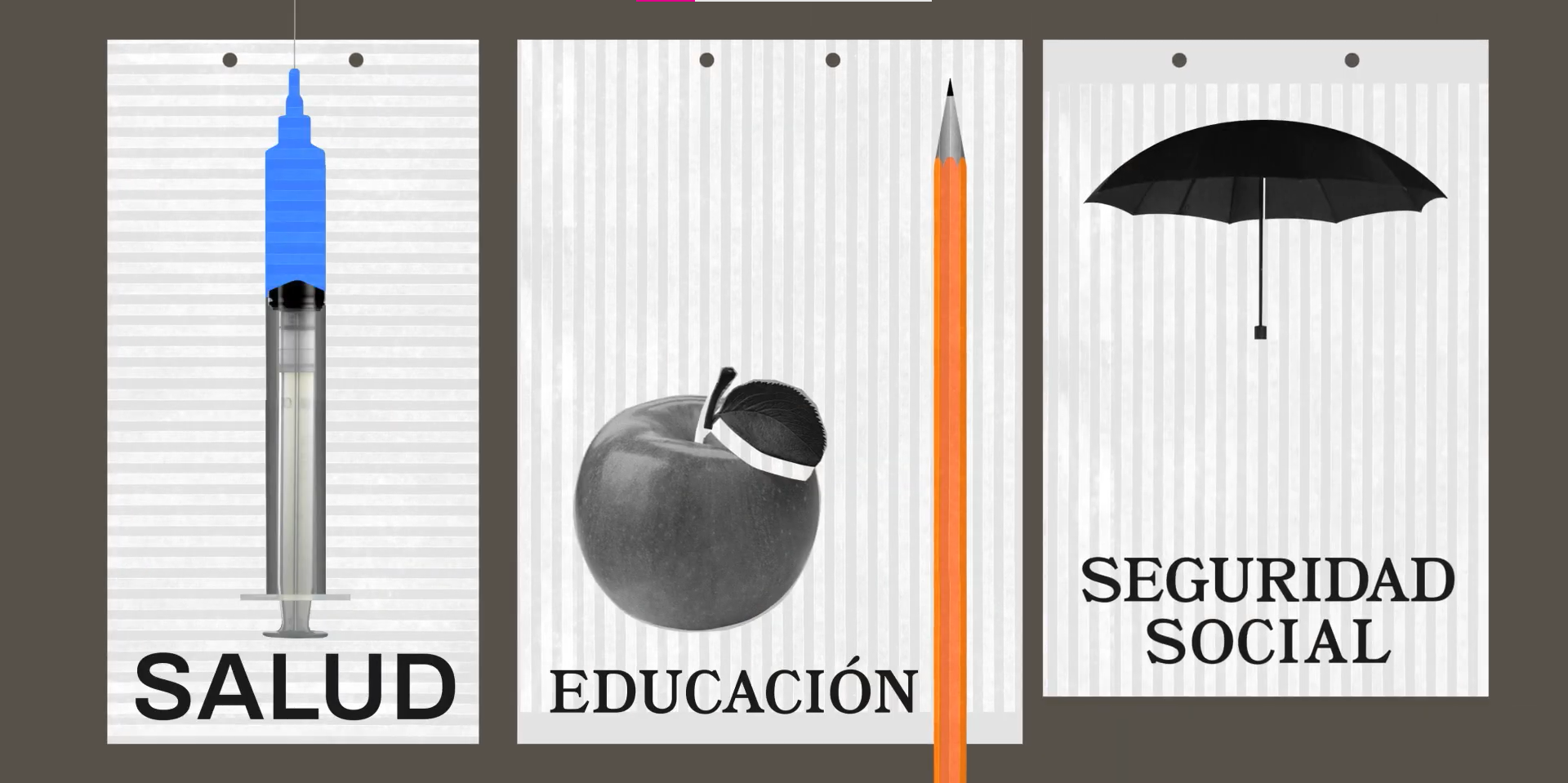
The Constitutional Convention is finalizing its work and the Institute for the Investigation of Market Imperfections and Public Policies (MIPP) of the University of Chile, released a new video that explains the political and economic effects of having a constitution that consigns social, cultural and economic rights.
A new explanatory video created by the Institute Millennium MIPP of the University of Chile where the effects of constitutionalizing rights are exposed is now available.
In this audiovisual piece, the results of the book “Constitutional Trends: Comparative Experiences and Lessons for Chile”, prepared by researchers Alejandro Corvalán and Francisco Soto, are presented. Through a comparative analysis of different constitutions in the world, the objective of this work is to provide information on “the eventual effects of a new constitution”.
We analyzed how social rights are displayed in Chile from the 1980 Constitution. In other words, how the rights are presented in the Magna Carta.
For researchers, the rights to education, health or social security have been affected by the way in which they are typified. Although there are a series of constitutional actions to guarantee the protection of rights, in the current constitution, such norms are subject to the principle of subsidiarity.
This book exposes how the social rights systems present in constitutions around the world are positive. That is, they guarantee rights to people, since it is the duty of the government to provide them. On the other hand, in Chile they are negative, since they avoid the concurrence of the State.
¿What happens when a constitution stipulates positive rights? ¿Does it cause great economic or public spending effects? Find out in the following video:
MIPP Chile 2024